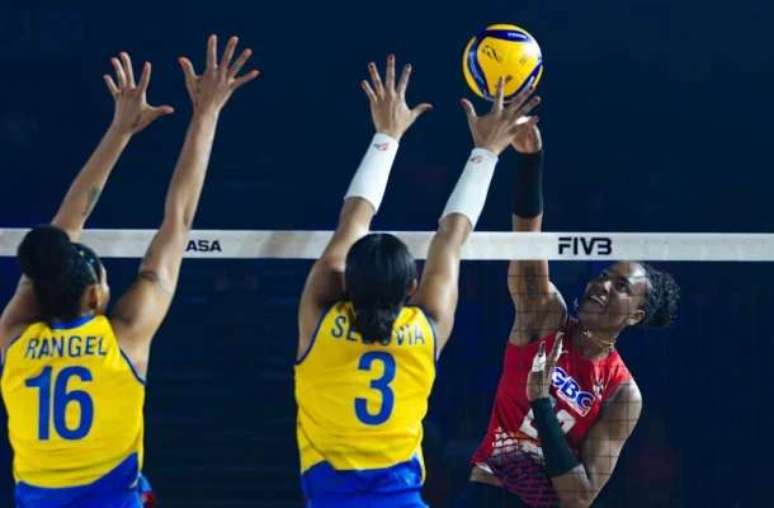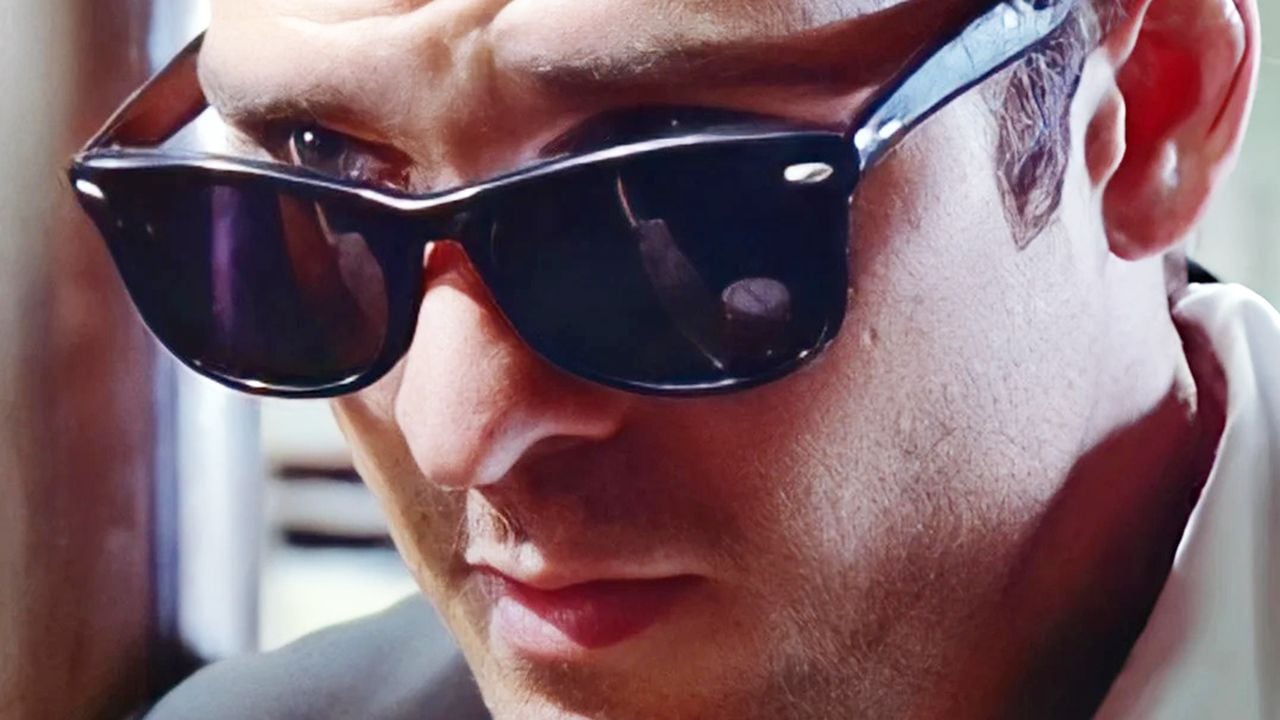The German chancellor will visit Argentina, Brazil and Chile
The European Union (EU) is rediscovering Latin America, seeking new alliances to supply mineral raw materials – such as rare earths and lithium, essential for the energy transition – but also new business opportunities, such as the EU-Mercosur , after the economic shock caused by the Russian invasion of Ukraine.
Agreements in the region with countries such as Argentina, Brazil or Chile, rich in raw materials, could be crucial to alleviating a dependence on China that is becoming increasingly uncomfortable.
It is in this scenario that the trip to the region of the German Chancellor Olaf Scholz, the first prime minister of the 27 who will meet the president Luiz Inácio Lula da Silva, is contextualised, from his inauguration at the Planalto Palace for the third term.
Accompanied by a large group of businessmen and journalists, Scholz began his short trip from Buenos Aires, meeting with President Alberto Fernández. And the next stops are Santiago de Chile – where, in the company of the head of state Gabriel Boric, he will also visit the Museum of Memory and Human Rights, 50 years after the coup d’état by Augusto Pinochet – and Brasilia, where he will visit to meet Lula from Monday to Friday (30).
On Thursday, however, French President Emmanuel Macron telephoned the Brazilian leader to discuss negotiations for the entry into force of the EU-Mercosur (Brazil, Argentina, Uruguay and Paraguay) trade agreement.
An agreement for the gradual elimination of duties on European products in the agri-food, automotive, machinery, chemical, pharmaceutical and clothing sectors, for a market of over 250 million people, with significant benefits and savings of millions for European companies.
The arrival of the head of the Elysium in Brazil will not be long in coming, probably preceded by the visit of his foreign minister, Catarina Colonna.
Both France and Germany are preparing to establish a national fund for rare earths – a group of chemical elements used to make technological products and weapons – to support new projects to extract, process and recycle raw materials, and are coordinating to avoid competition.
And the European Commission itself has the dossier on the table, with the law on critical raw materials. A strategic initiative to strengthen the bloc in mineral resources crucial for clean energy production, such as wind generation, hydrogen storage, batteries or chips, for which “Europe currently depends 98% on China” , as the President of the EU Executive, Ursula von der Leyen, recalled at the Davos Economic Forum.
According to rumors it should arrive in Brazil and Argentina in mid-April, also focusing on the agreement with Mercosur.
The road for the return of the European Union to Latin America was paved by the EU High Representative, Josep Borrell, during a visit in October last year. And, on Tuesday, the President of the European Council, Charles Michel, after bilateral talks with Fernández and Lula, spoke at the summit of the heads of state and government of the Latin American and Caribbean countries (CELAC), to invite them to a summit in Brussels to July under the Spanish presidency, confirming his conviction that 2023 could be the year of the EU-Mercosur agreement.
A new beginning, after 20 years of negotiations and four years of stagnation. .
Source: Terra
Rose James is a Gossipify movie and series reviewer known for her in-depth analysis and unique perspective on the latest releases. With a background in film studies, she provides engaging and informative reviews, and keeps readers up to date with industry trends and emerging talents.






